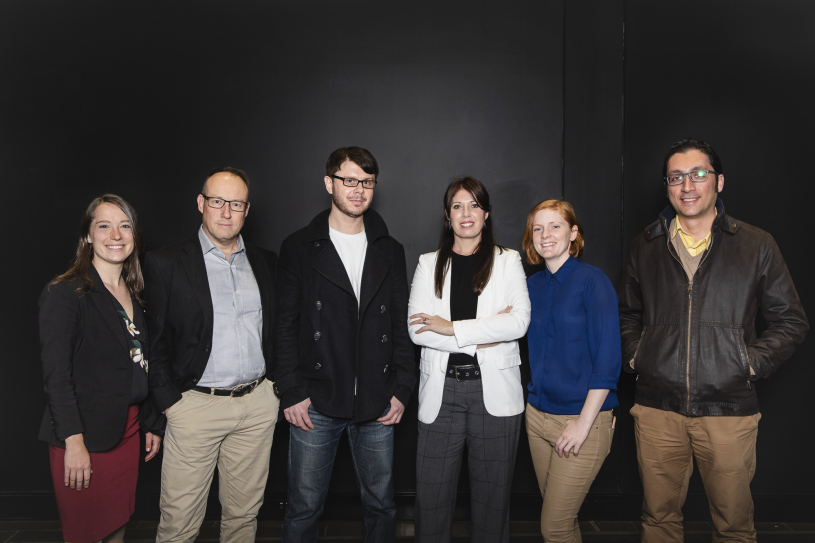The University of South Australia’s Innovation & Collaboration Centre (ICC) has announced that five startups will take part in its second Venture Catalyst Space program supported by the South Australian Government’s Space Innovation Fund.
The ICC’s tailored six-month incubator program aims to develop and foster innovative ideas of selected space companies.
Established in 2015, ICC is a strategic partnership between the University of South Australia, the South Australian Government and DXC Technology to support technology-based incubation and business growth in South Australia.
Five space startups were chosen to participate in the program with each receiving funding, access to training and workshops, one-on-one mentorship, a modern co-working space and cutting-edge technical resources and tools.
They will work with global industry expert advisors, including ICC Entrepreneurs in Residence Kirk Drage (along with his company LeapSheep), Terry Gold, and former NASA astronaut and current Director of Space Technology and Policy of Nova Systems, Pam Melroy.
UniSA ICC Associate Director Jasmine Vreugdenburg said the program is pivotal to helping future leaders in the space industry develop and grow. “The program will deliver high calibre support to the five selected companies, focusing on enhancing their global competitiveness and rapidly accelerating exceptional ideas or projects on the world stage.
“We’re thrilled with the response from all applicants and very pleased that they have chosen to call Adelaide home during their stint with the program,” Vreugdenburg said.
South Australian Premier Steven Marshall tipped the program as a key platform to grow the local space ecosystem by building a culture of entrepreneurship and supporting start-ups to scale-up successfully.
“It’s exciting to see the next cohort of early-stage start-ups chosen for this program, which has proven success in supporting entrepreneurs to transform their cutting-edge ideas into sustainable businesses in our state,” Marshall said.
“We are committed to building a culture of entrepreneurship in South Australia, and this program supports our state’s objectives to capture the opportunities of space to grow our economy and create high-value jobs.”
The companies taking part in the program are India’s Astrogate Labs and Canada’s Lux Aerobot, which are joined by Adelaide’s FireFlight, Nano Spaces and Lookinglass.
The companies taking part in the program are India’s Astrogate Labs and Canada’s Lux Aerobot, which are joined by Adelaide’s FireFlight, Nano Spaces and Lookinglass.
Astrogate Labs, Bengaluru, India
Astrogate Labs enables high-speed communications for smallsats. Its proprietary technology on the flight and ground optical terminals offers simplified communication solutions at the lowest cost per bandwidth.
Lux Aerobot, Montréal, Canada
Lux’s atmospheric satellites provide the first real-time imaging feed of Latin America and Oceania. This feed will help natural resources companies reduce their costs through automating operational decisions and cities become starter through a collaborative intelligence marketplace.
FireFlight, South Australia, Australia
FireFlight created a new airborne fire mapping system that provides real-time fire maps, and post-fire hotspot maps to fire managers, fire agencies and other relevant stakeholders. The FireFlight system is cheap to deploy and easy to use.
Nano Spaces, South Australia, Australia
Nano Spaces aims to investigate nanofluidic devices that can be integrated on nanosatellites for precision positioning using safe, clean, and cost-effective fuels.
Lookinglass, South Australia, Australia
Lookinglass is an AI smart mirror and satellite-enabled platform that detects the symptoms and progression of degenerative health conditions like Parkinson’s and dementia.
